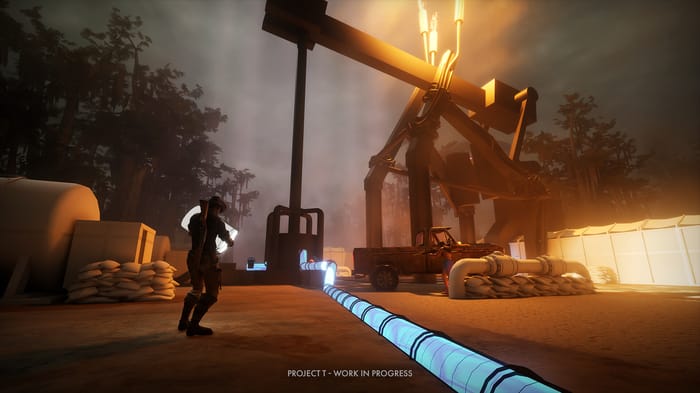After a year of laying off developers, Behaviour Interactive is bringing some new ones into the fold. The Dead by Daylight developer/publisher announced today that it is acquiring Red Hook Studios, the company behind Darkest Dungeon and Darkest Dungeon II.It's incredibly rare for a game studio to announce an acquisition like this so soon after a year of layoffs and studio closures. So rare, in fact, that the only comparable example feels like Activision Blizzard's establishment of the Polish game studio Elsewhere in May 2024 while parent company Microsoft axed jobs across the company.The news may be bittersweet for plenty of the game development community. On the one hand, the Red Hook acquisition looks to be a coup for both companies. On the other hand, so many other developers lost work—and an entire studio was closed down—on the road here.In an interview with Game Developer, Red Hook Studios co-founders Tyler Sigman and Chris Bourassa, joined by Behaviour Interactive CEO Rémi Racine, explained why both parties pursued this transaction. For Red Hook, it was a chance for stability that would fuel bigger and loftier dreams, and according to Racine, it's a move that helps Behaviour "reduce risk" as it finalizes its ongoing strategy shift.Related:Behaviour Interactive acquires Darkest Dungeon dev Red Hook Studios
Reconciling Behaviour's studio closures and layoffs with a new acquisition
For Behaviour, it seems this was the culmination of a shift in its strategy, taking it away from publishing games like Islands of Insight and into a future where it solely focuses on the horror genre.That strategy shift came with internal restructuring, driving the layoffs that took place earlier in the year. Behaviour Interactive chief product and technical officer Stephen Mulrooney told Game Developer that during that process, the company determined that it had "too many" employees to support that shift and that some of the affected workers didn't have the skills needed to support the new direction.As for the fate of Midwinter Entertainment, Racine repeated the explanation given by Behaviour last week, which was that "Project T," the game Midwinter was working on, didn't have a chance of succeeding in today's market. He said that canceling the game meant there was no other work for the studio as a whole to take on. Workers at Midwinter were offered relocation opportunities for matching roles at Behaviour's Canadian offices. Image via Behaviour Interactive.
Image via Behaviour Interactive.